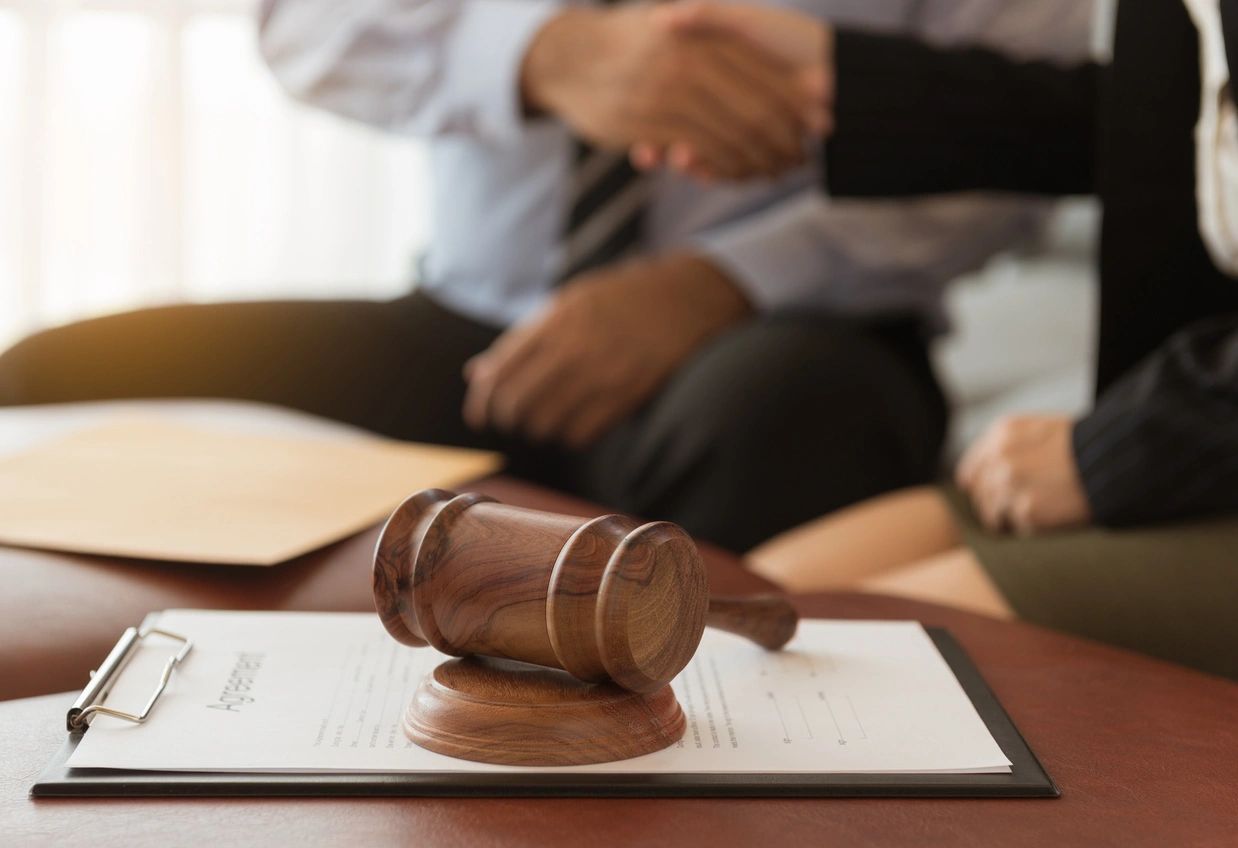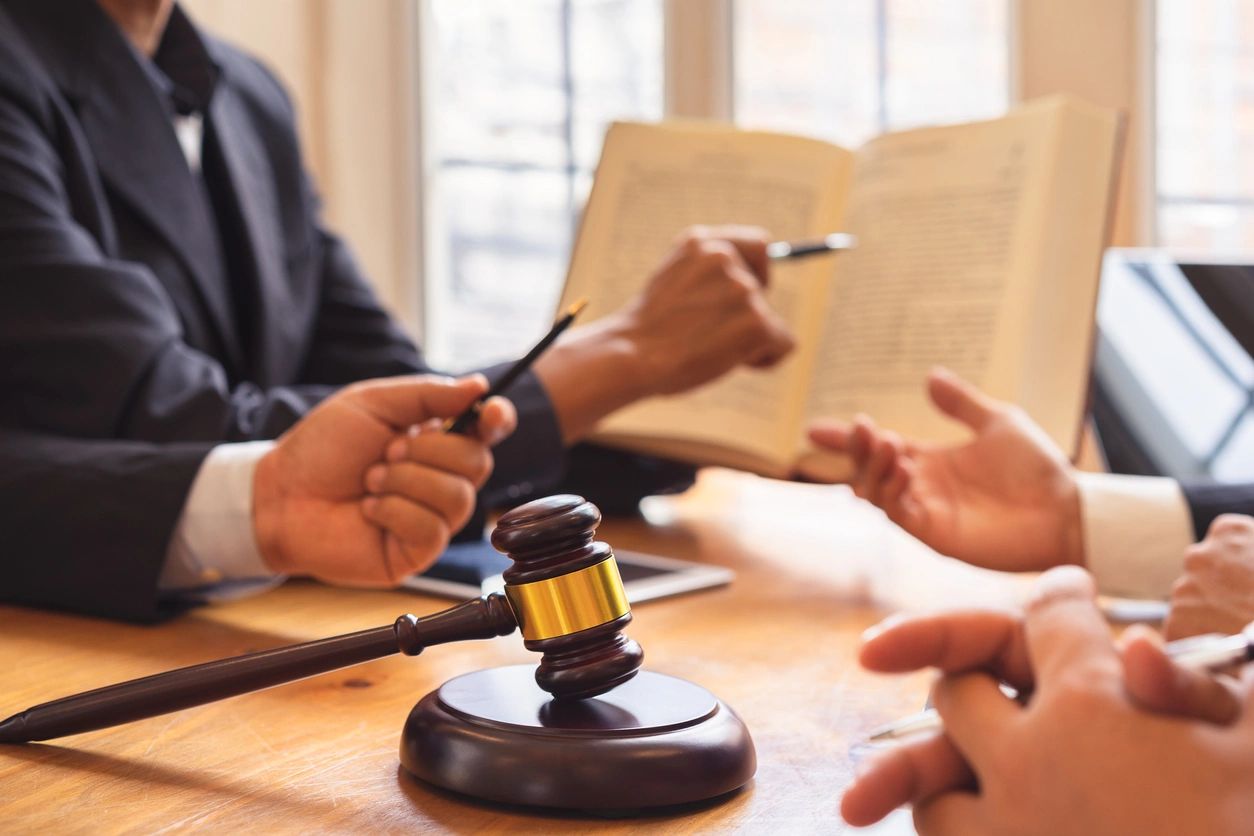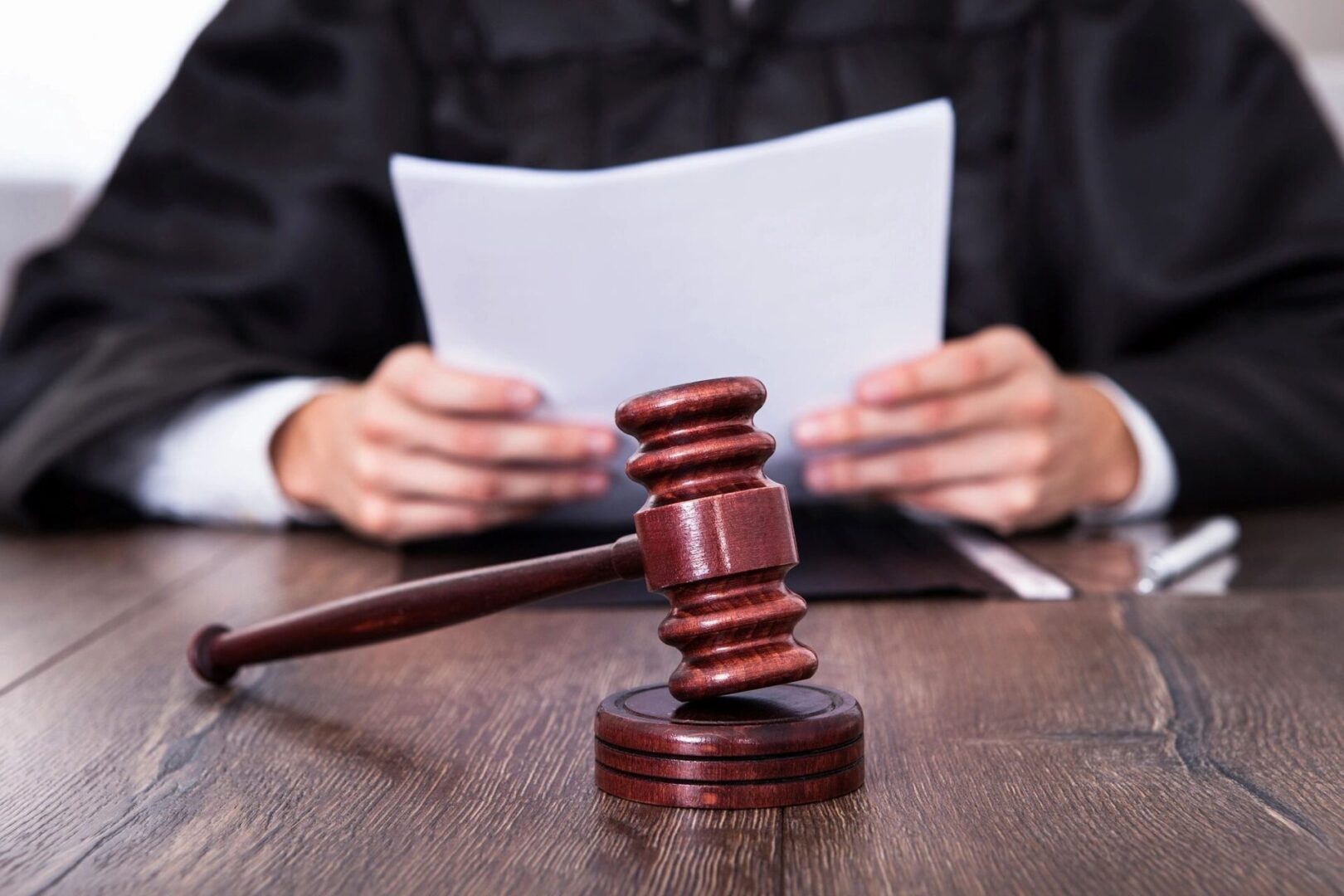
Should I File for a Chapter 7 or Chapter 13 Bankruptcy?
Bankruptcy is a federal court process designed to help consumers and businesses eliminate their debts or repay them under the protection of the bankruptcy court. Bankruptcy can generally be described as "liquidation" or "reorganization."
Both kinds of bankruptcy have numerous rules and exceptions to those rules, about what kinds of debts are covered, who can file, and what property you can and cannot keep.
Call our offices today to find out if bankruptcy is right for you.

Chapter 13 Bankruptcy
Chapter 13 bankruptcy is the most common type of "reorganization" bankruptcy for consumers. You will be able to retain all of your property, but you must make monthly payments over three to five years to repay all or some of your debt.
Our offices will create a repayment plan that describes in detail how you will pay each of your debts. In a Chapter 13 plan, you must pay some debts in full, such as child support, alimony, a car loan, and a mortgage. On your unsecured debts, such as medical bills and credit cards, you will only have to pay a portion or, in some cases, none.
The length of your plan will depend on how much you earn and how much you owe. Once you complete your repayment plan, all your remaining eligible debt will be wiped out, and you will still have your property!
Debt Settlement
In some cases attempting to settle your debt before deciding to file for bankruptcy may be the best choice for your situation. Our offices will negotiate with your creditor(s) to forgive a percentage of your total account balance for a substantially reduced lump sum payment.
Unsecured debts such as medical bills and credit cards may be settled. Secured debts such as mortgages, auto financing, and student loans may not be settled. Call our office today to find out the best solution for your debt.
Free Consultation
Receive a free 30-minute consultation.
During your consultation, Gregory S. Duncan will review your legal issue and discuss the best course of action. All communication is held in the strictest confidence.
Call us today! Office: (760) 729-2774 or complete our online form.
